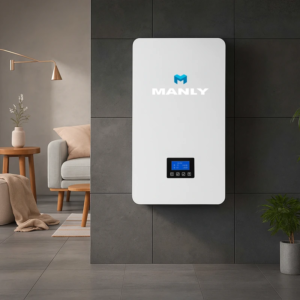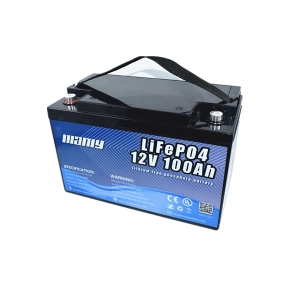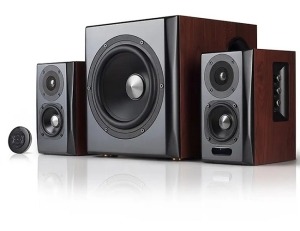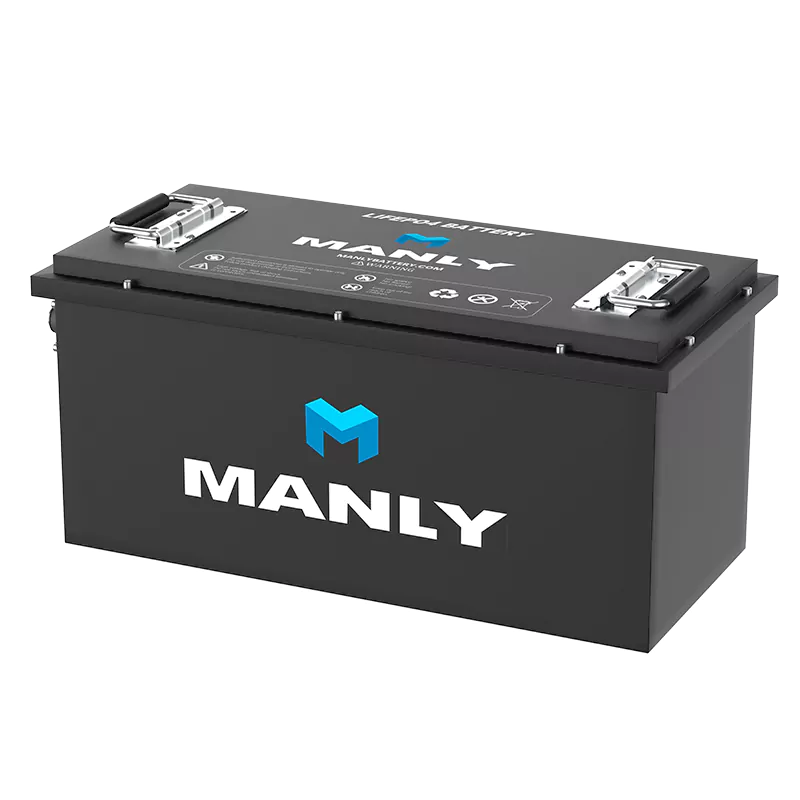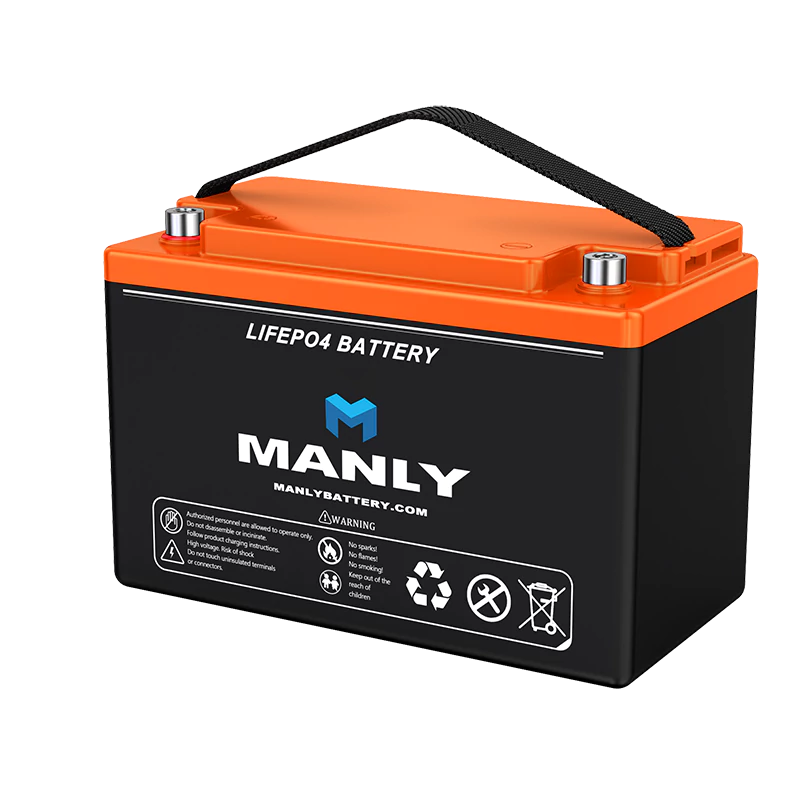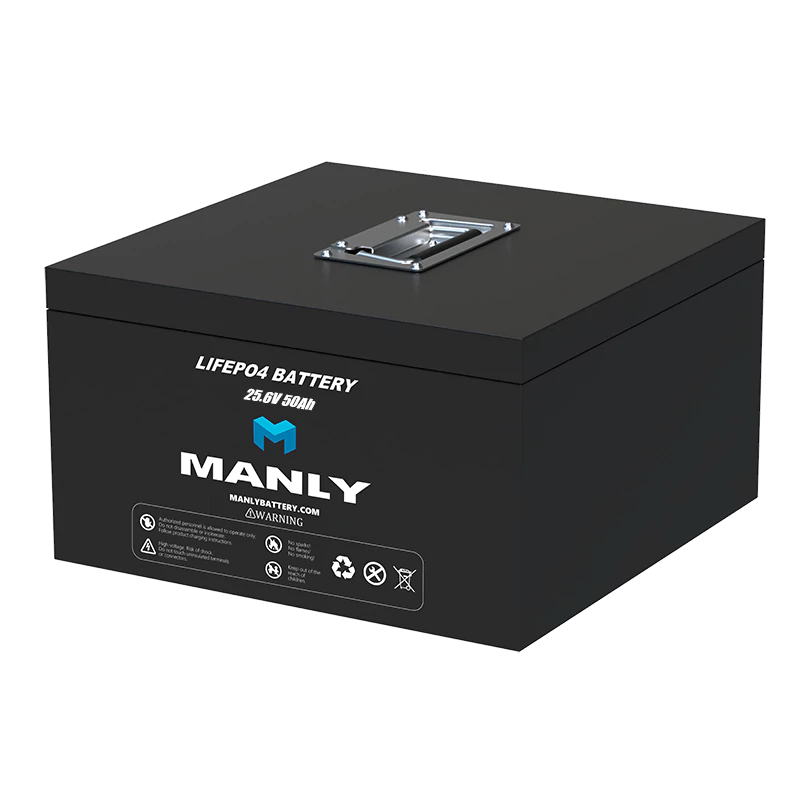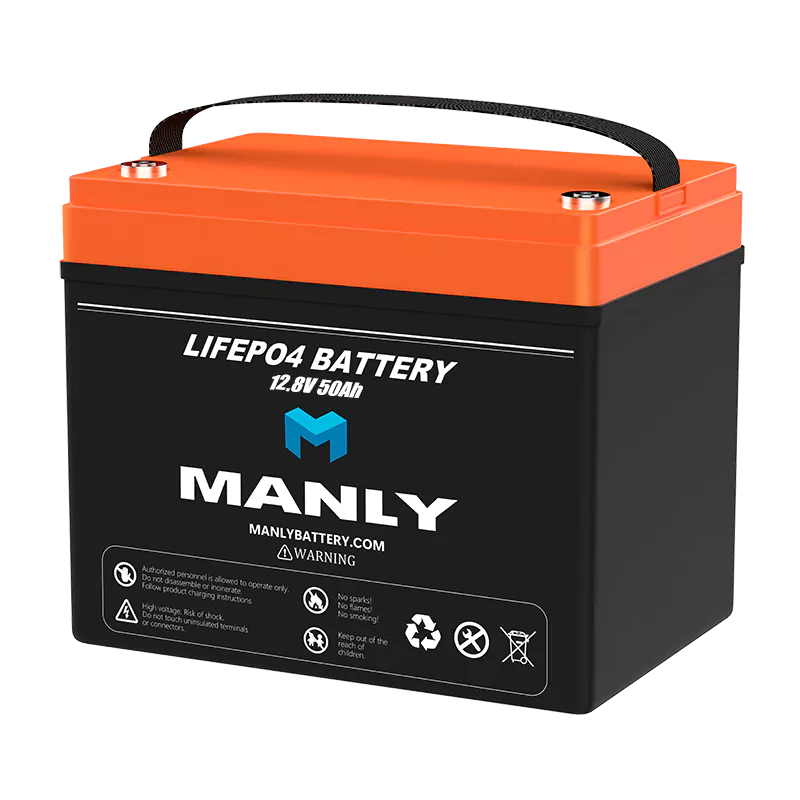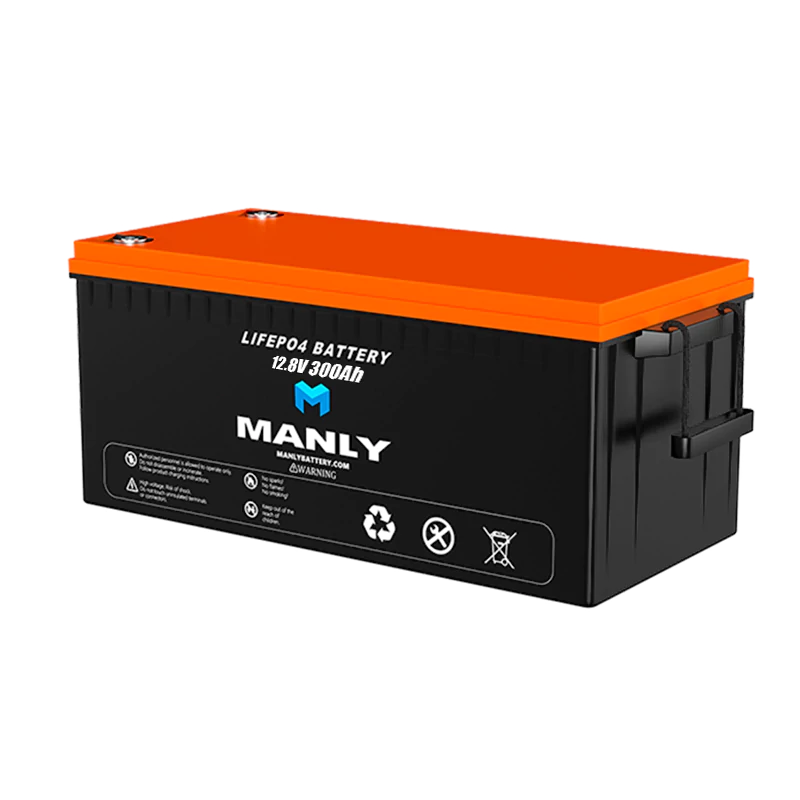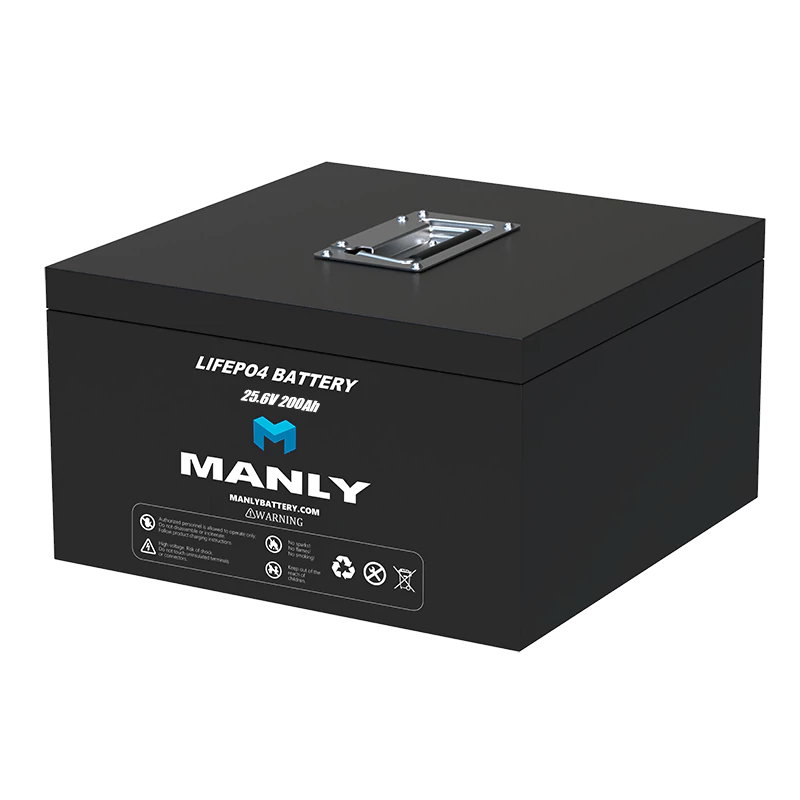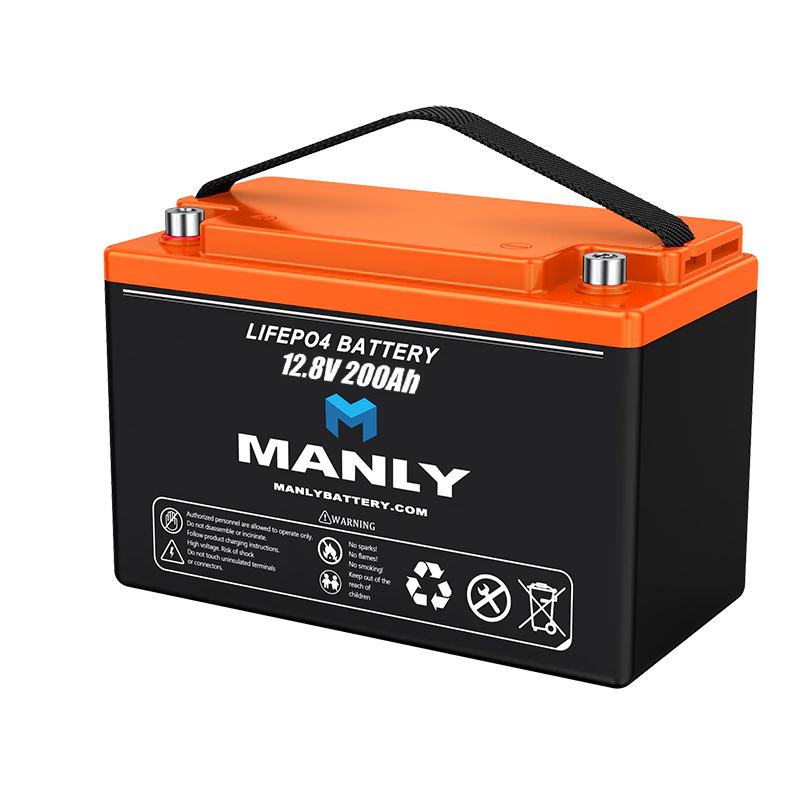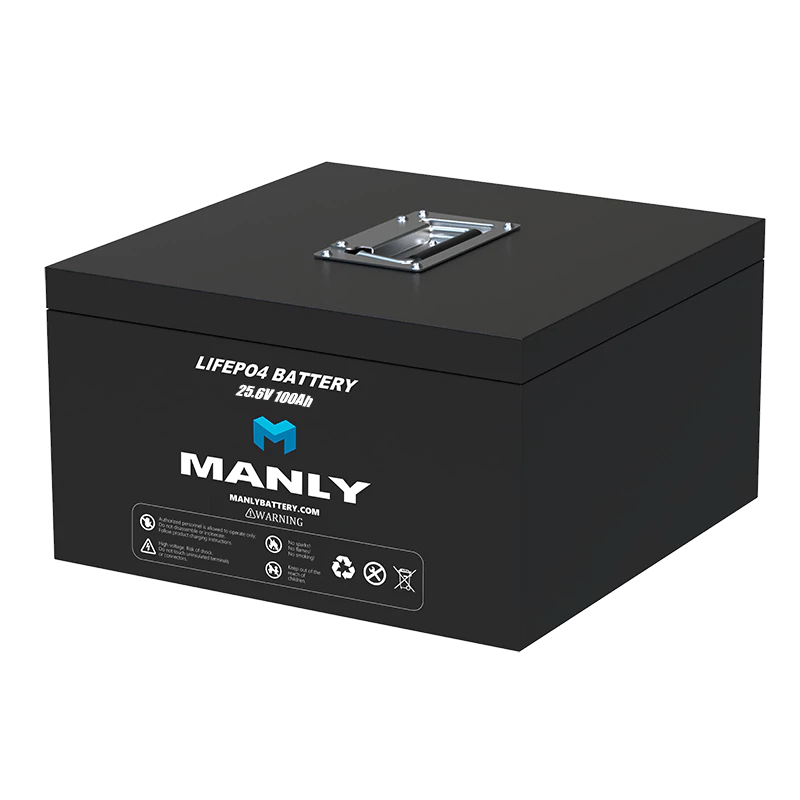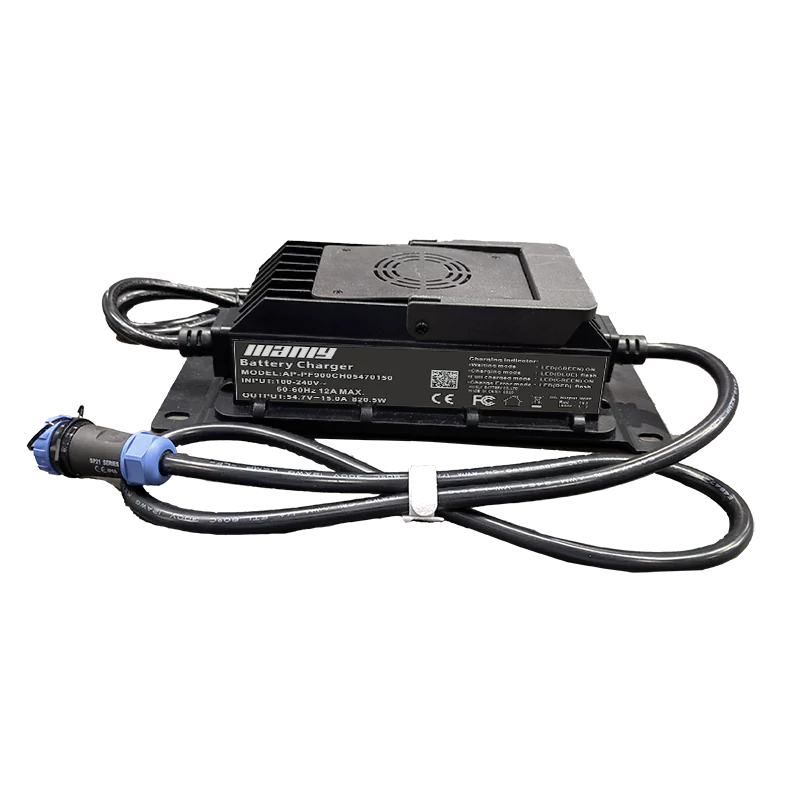Medical Device Battery: Comprehensive Insights for Standards and Manufacturers
Table of Contents
- Medical Device Battery: Comprehensive Insights for Standards and Manufacturers

What Batteries Are Used in Medical Devices?
Medical devices rely on a variety of battery types to ensure consistent and reliable performance. Historically, rechargeable nickel-cadmium (NiCd) cells and alkaline zinc-mercuric oxide (Zn/HgO) cells were used in early implantable devices. However, the development of primary lithium batteries marked a significant advancement, enabling devices to operate more efficiently and for longer durations. Today, lithium-ion batteries are the most commonly used type due to their high energy density, lightweight design, and long lifespan, making them ideal for portable medical equipment like infusion pumps, defibrillators, and diagnostic tools. As of 2022, lithium-ion batteries accounted for over 60% of the global medical battery market, a dominance driven by their ability to provide stable power output and long-term reliability in critical medical applications.- Market Adoption: According to industry reports, over 60% of portable medical devices manufactured today utilize lithium-ion batteries due to their superior energy storage capabilities. As highlighted in the "Medical Batteries Market by Battery Type" chart, lithium-ion batteries held the largest market share in 2022, and this dominance is projected to grow significantly by 2032.
What Is the Best Battery for Medical Devices?
Selecting the best battery for medical devices involves balancing multiple factors, including safety, longevity, and compatibility with the device. Among the options available, lithium-ion batteries are widely regarded as the most suitable choice for powering medical equipment. They offer several advantages:- High Energy Density: This ensures devices can operate for extended periods without frequent recharging. For example, lithium-ion batteries provide an energy density of up to 250 Wh/kg, significantly higher than older technologies like NiMH, which average around 100 Wh/kg. This makes them ideal for portable diagnostic tools and wearables.
- Lightweight Design: Critical for portable medical devices. Lithium-ion batteries weigh approximately 30% less than comparable NiMH batteries, reducing the burden on handheld and wearable medical devices.
- Longevity: These batteries can endure numerous charge-discharge cycles, with many models rated for over 500 cycles while maintaining 80% of their original capacity. This durability minimizes the need for frequent replacements, lowering operational costs.
- Example: Lithium-ion batteries in infusion pumps have been shown to last up to 500 charge cycles while maintaining over 80% capacity, according to a study published in the Journal of Power Sources.
- Market Data Insight: Data from 2022 indicates that lithium-ion batteries powered 70% of newly manufactured medical devices, underlining their critical role in ensuring device efficiency and patient care.
What Medical Devices Use Lithium-Ion Batteries?
The medical device battery, particularly the lithium-ion battery, is integral to many modern medical devices due to its efficiency and portability. Some key applications include:- Portable Medical Equipment: Devices like infusion pumps, handheld ECG monitors, and glucometers rely on the medical device battery for its compactness and energy efficiency. Data Insight: As of 2023, approximately 70% of new portable ECG monitors incorporate lithium-ion battery technology, enhancing operational efficiency.
- Wireless Monitoring Devices: Wireless heart monitors and blood pressure devices utilize the medical device battery to enable seamless data transmission via Bluetooth or Wi-Fi.
- Assistive Technologies: Electronic prosthetics and hearing aids benefit from the lightweight and long-lasting nature of the medical device battery, enhancing user comfort and functionality.
- Health Wearables: Devices like smartwatches and fitness bands, used for continuous health monitoring, depend on the lithium-ion battery for consistent and prolonged operation.
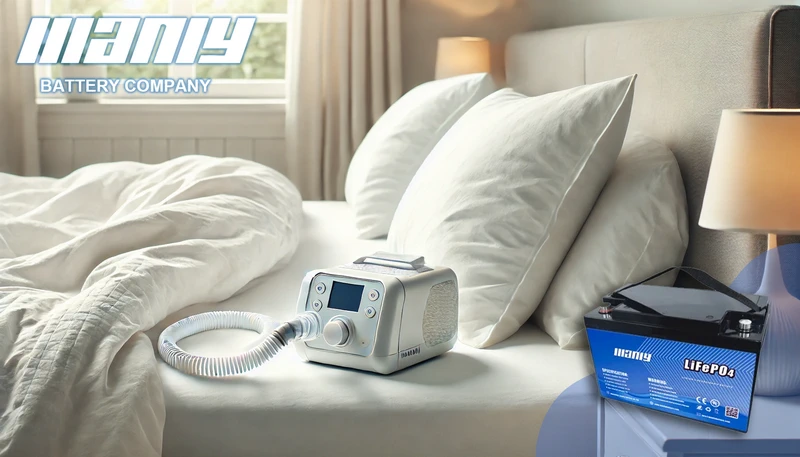
What Is a Medical Grade Battery?
A medical grade battery is specifically designed, manufactured, and labeled for exclusive use in medical devices. These batteries must meet stringent standards to ensure safety and reliability in critical healthcare applications. Key characteristics include:- Specialized Design: Tailored for specific medical devices, such as defibrillators and infusion pumps.
- Regulatory Compliance: Adherence to standards like IEC 60601-1 for medical electrical equipment.
- Enhanced Safety Features: Incorporating safeguards against overcharging, overheating, and short circuits.
- Statistical Note: Research indicates that over 90% of FDA-approved medical devices requiring battery power are equipped with medical-grade batteries to ensure compliance and patient safety.
What Is the Standard for Medical Device Battery?
Batteries used in medical devices must comply with rigorous regulatory standards to ensure their safety and performance. Key standards include:- ANSI/AAMI ES 60601-1: A comprehensive standard governing medical electrical equipment, covering aspects such as electrical safety, usability, and performance. This standard is recognized globally and is mandatory for many medical devices to be marketed in the United States and Europe.
- IEC 60086-4 and IEC 60086-5: Standards specifically for primary cell batteries, focusing on safety protocols for leak resistance, temperature stability, and performance under extreme conditions. In a 2022 review, devices adhering to these standards reported a 25% reduction in malfunction rates caused by battery failure.
- UL2054: Focused on lithium-ion and other rechargeable batteries, this standard ensures the prevention of overheating and fire hazards. A recent industry study indicated that compliance with UL2054 has reduced safety incidents by over 40% in the past five years.
Partnering with Reliable Medical Device Battery Manufacturers
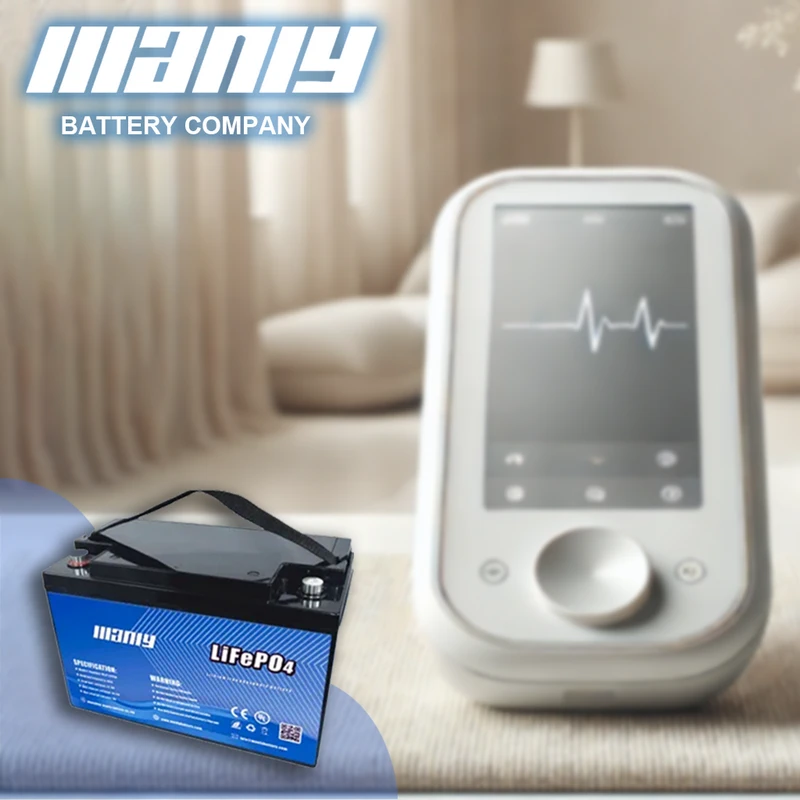 Choosing the right medical device battery manufacturers is crucial for ensuring product quality and reliability. Manufacturers play a pivotal role in maintaining compliance with standards while delivering innovative solutions. Consider the following when selecting a manufacturer:
Choosing the right medical device battery manufacturers is crucial for ensuring product quality and reliability. Manufacturers play a pivotal role in maintaining compliance with standards while delivering innovative solutions. Consider the following when selecting a manufacturer:- Certifications and Compliance: Ensure the manufacturer adheres to global standards like ISO 9001, UL, and CE certifications.
- Production Capabilities: Evaluate their ability to produce customized solutions tailored to specific medical devices.
- Track Record and Reputation: Look for manufacturers with a proven history of delivering reliable products, such as MANLY Battery, known for their innovation and quality assurance.
Custom Battery Suppliers for Medical Devices: Tailored Solutions from MANLY Battery
For healthcare applications requiring specialized power solutions, MANLY Battery stands out as a leading choice among custom battery suppliers for medical devices. With over a decade of expertise, MANLY Battery offers:- Enhanced Compatibility: Batteries designed to integrate seamlessly with a wide range of medical devices, ensuring optimal functionality.
- Innovative Customization: Tailored solutions in voltage, capacity, and form factor to meet specific application needs.
- Proven Safety Standards: Products compliant with global certifications, including UN38.3, UL, and CE, ensuring reliability and safety.
- Advanced Performance Features: High energy density, long lifespan, and the ability to function in extreme temperatures make MANLY batteries ideal for critical medical applications.
- Global Recognition: MANLY Battery’s tailored solutions have supported the development of next-generation portable medical devices, helping manufacturers reduce weight by 20% and extend operational time by 30%.

